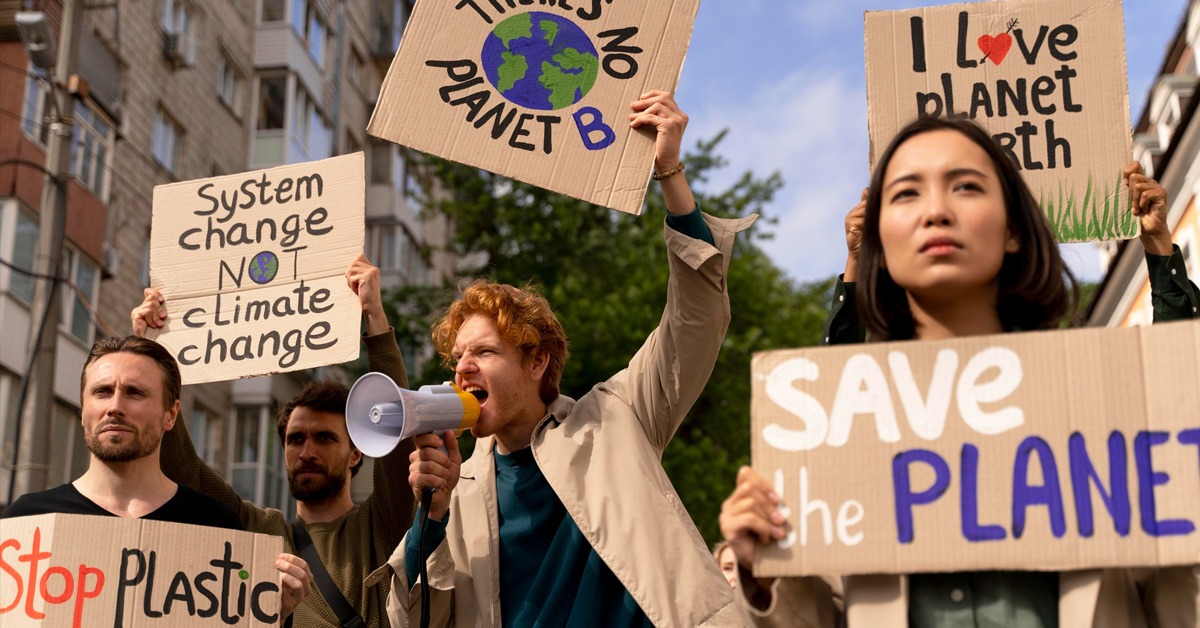Mindfulness for Global Well-Being: Inspiring Compassionate Living Every Day
Mindfulness is more than a personal practice — it’s a way to foster a compassionate society. By becoming aware of our thoughts, actions, and daily choices, we cultivate empathy and responsibility. Small mindful actions can ripple outward, gradually shaping a more caring and sustainable world.
EMOTIONAL INTELLIGENCE


How Can Mindfulness Contribute to Building a More Compassionate Society?
Mindfulness, once the practice of spiritual seekers and elite corporations, is now embraced by the general public. People are turning to it as a remedy for stress, digital distractions, and even the karmic effects of their daily actions. As individuals grow more mindful, they naturally become more tolerant, empathetic, and helpful. Over time, this gradual shift contributes to creating a more sensitive, sensible, and compassionate society — one that embodies the principle of live and let live.
At its core, mindfulness is about reflection. It’s about pausing to consider what we hope to gain from our brief time on Earth, and how we can give back to the forces that sustain life. While meditation is a powerful way to release emotional baggage and stress, mindfulness isn’t limited to sitting in silence. Engaging in creative activities — whether baking, doodling, painting, gardening, or singing in the shower — can immerse us in a state of flow, quiet the mind, and foster presence.
We must also acknowledge a sobering reality: humanity is taking far more from the universe than it can ever give back. We cannot abandon technology entirely, become saints overnight, or stop the masses from harming the planet, but we can restore our connection with nature. If we fail to do so, future generations will bear the consequences. Recent floods, storms, and climate disruptions are only glimpses of what might come.
Recently, I came across some thought-provoking points that made me rethink our daily habits and their impact on our planet. While the author remains unknown, these insights were deeply eye-opening:
Water Waste at Restaurants: Do we really need that extra glass of water, knowing it may be poured down the drain while others walk miles for safe drinking water?
Single-Use Plastics: Can we choose reusable straws, bags, and utensils instead of single-use items?
Gift Wrapping Paper: Do we need decorative paper that will be torn and discarded within minutes?
Unnecessary Gifts: Are we buying gifts just to impress, or could we choose something useful, like fruits or dry fruits?
Buffet Overload: Do we serve ourselves only what we can eat, or do we pile plates and waste food?
Extra Utensils and Tissues: When given more than necessary, do we return them or toss them aside?
Biodegradable Items: Even if something is biodegradable, should we use it excessively, knowing it still requires energy and resources to produce?
Thaali Waste: When served a Thaali, do we eat mindfully or leave food behind that will go to waste?
Fashion Choices: Do we buy a cotton kurti or shirt just because it looks trendy, without considering the environmental and human cost?
Extra Footwear: Do we need another pair of shoes or sandals in a new shade, when processed footwear is difficult to degrade?
Cooking for Guests: Can we prepare meals just sufficient to avoid waste, while still being hospitable?
Buying on Sale: Do we buy things only because they are discounted or have a return policy, knowing returns often end up polluting oceans and landfills?
Respecting Tourist Destinations: When visiting sacred or natural sites, do we observe rules like keep silence, do not litter, and do not waste water, or do we disrupt the place with careless behavior?
These observations have profoundly resonated with me. They reminded me that mindfulness extends beyond personal calm or stress relief — it’s about cultivating awareness in every decision we make. From consumer habits to environmental responsibility, each choice ripples outward, affecting society and the planet.
Mindfulness invites us to pause, reflect, and act consciously. It encourages us to be more tolerant, to help where we can, and to live with a sense of responsibility toward the world and its inhabitants. While the change may be slow, small mindful acts — conserving water, reducing waste, respecting others, or simply being kind — collectively build a more compassionate society.
Has this reflection inspired you in any way? I’d love to hear how you’re bringing mindfulness into your everyday life — share your thoughts in the comments!
Reach out
🌸 The content and services shared here support wellness and self-care but are not a substitute for medical advice. Some links may be affiliate-based, at no extra cost to you. Read full disclaimer >>>
